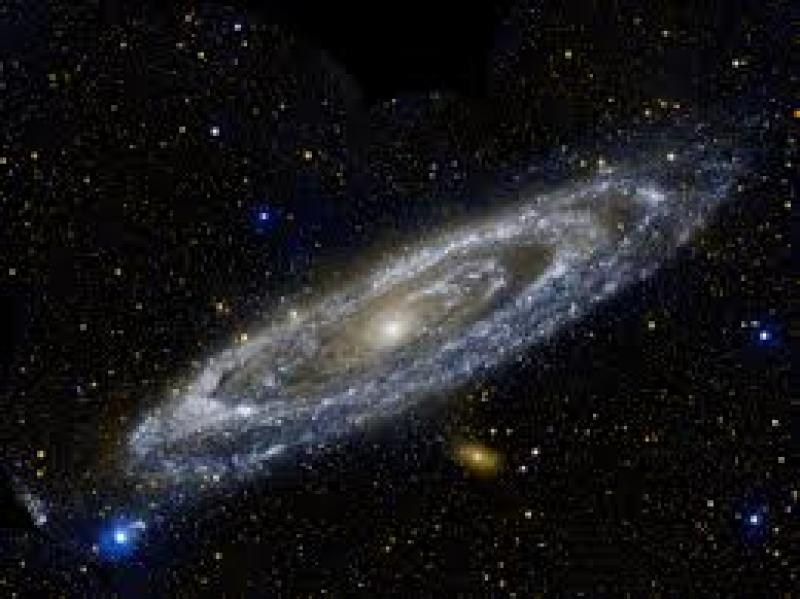

Telegraph and Discovery News reported that astronomers have expressed that they had found signs of a substance called "Dark Matter", which is thought by many scientists as the basic component of the universe. The existence of Dark Matter was first theorized around 70 years ago, but scientists never managed to find sufficient evidence for the existence of such a substance.
The European Space Agency (ESA)'s XMM Newton Spacecraft has compiled date from examining 2 separate celestial bodies: the Andromeda Galaxy and the Perseus Cluster of Galaxies. The scientists who were monitoring the XMM Newton noted that they picked up a strange increase in the emission of X-ray signals. According to those who are involved in this project, the X-ray signals match theories that lead to the existence of "Dark Matter".
The theory of Dark Matter was first introduced in 1932 by Jan Oort. Since then, astrophysicists have hypothesized that the universe must be composed of some kind of substance because they could not find a sufficient explanation for the discrepancies between the gravitational effects and the mass of large celestial objects.
Scientists generally explained that Dark Matter cannot be detected with a telescope, for the substance does not emit any kind of light or radiation. The most basic definition of Dark Matter is that it is a matter that does not show any kind of reaction to light. Discovery News reported that 80 percent of the entire universe is made up of this Dark Matter, for there are some gravitational force out there in space that must have been caused by something but since it does not interact with light, no observers have managed to detect celestial objects with light.
With the most recent breakthrough in the hypothesis of Dark Matter, scientists have expressed that they are a step closer to uncovering the mystery of the origin of the universe.

















